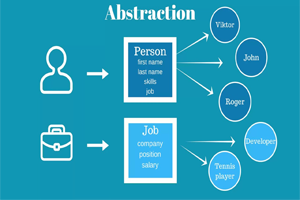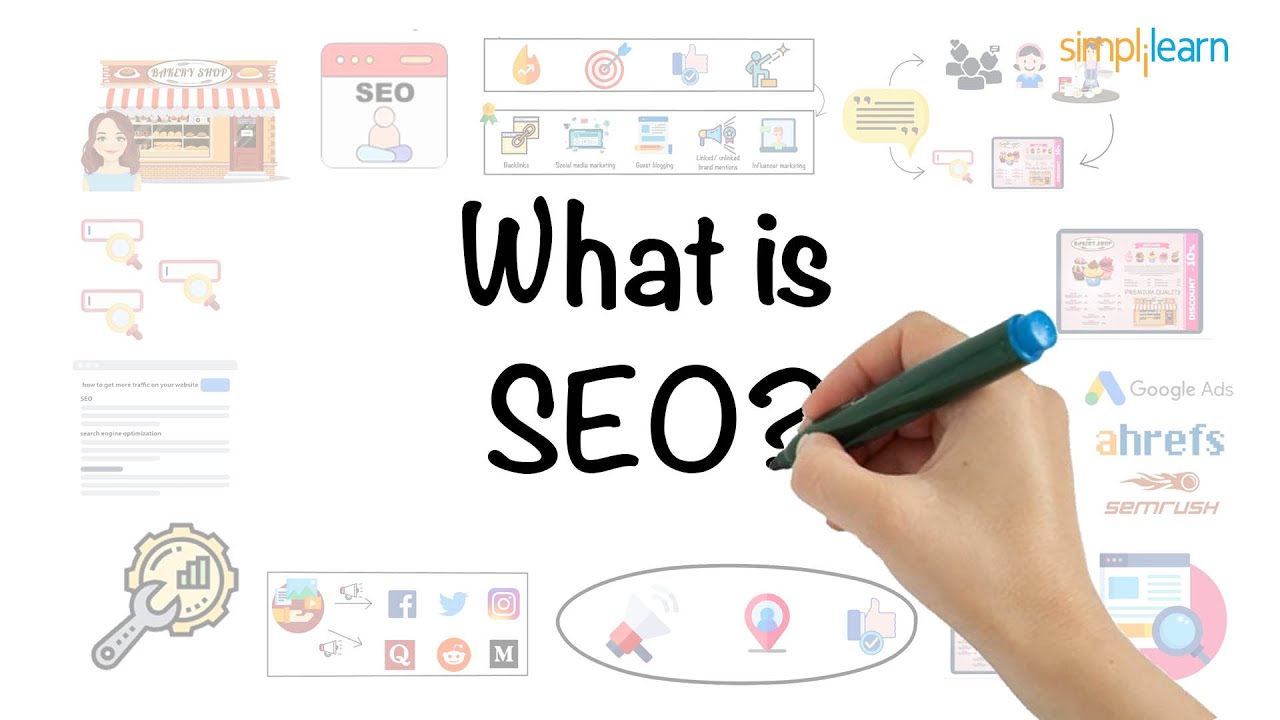What Is AI and How Does It Work?
Published: 20 Sep 2023
Artificial Intelligence, or AI, is a transformative force that has been reshaping industries, revolutionizing technology, and challenging our understanding of what machines can achieve. In this article, we will launch on a journey into the realm of AI, exploring its history, current applications, and the profound impact it is having on our society.
The Evolution of AI: A Brief History
1. The Birth of AI (1950s-1960s):
The term “Artificial Intelligence” was coined in 1956 at the Dartmouth Conference, marking the official birth of the field. Researchers aimed to develop machines that could simulate human intelligence by using algorithms and symbolic reasoning.
AI may seem like a cutting-edge field, but its roots trace back to ancient history. The idea of creating artificial beings with human-like intelligence has fascinated humans for centuries. However, it wasn’t until the 20th century that AI as we know it began to take shape.
2. The AI Winter (1970s-1980s):
Progress in AI research faced several setbacks during this period due to high expectations and limited computing power. Funding dwindled, leading to what became known as the “AI winter.”
3. The Rise of Machine Learning (1990s-2000s):
AI research saw a resurgence with the advent of machine learning, a subfield focused on creating algorithms that could learn from data. This period also witnessed the development of expert systems and neural networks.
4. Deep Learning and the AI Renaissance (2010s-Present):
Deep learning, a subset of machine learning, gained prominence with the use of neural networks composed of many layers. Breakthroughs in computer vision, natural language processing, and robotics have made AI an integral part of our lives.
AI in Everyday Life
AI has permeated various aspects of our daily lives, often without us realizing it. Here are some notable examples:

1. Virtual Assistants
Virtual assistants like Siri, Alexa, and Google Assistant utilize natural language processing and machine learning to understand and respond to user queries. They help with tasks ranging from setting reminders to answering general knowledge questions.
2. Recommender Systems
Platforms like Netflix and Amazon use AI to recommend content and products based on users’ past preferences and behaviors. This personalization enhances user experiences and drives engagement.
3. Healthcare
AI is making significant strides in healthcare, from diagnosing diseases with greater accuracy to predicting patient outcomes. Machine learning algorithms can analyze vast datasets to assist doctors in treatment decisions.
4. Autonomous Vehicles
Self-driving cars rely on AI and machine learning to navigate roads, interpret sensor data, and make real-time driving decisions. They have the potential to revolutionize transportation and reduce accidents.
5. Finance
AI is used for fraud detection, algorithmic trading, and risk assessment in the financial sector. These applications enhance security and optimize investment strategies.
6. Natural Language Processing
Chatbots and language translation services employ natural language processing techniques to facilitate communication between humans and machines, breaking down language barriers.
7. Manufacturing and Robotics
AI-driven robots and automation systems have improved efficiency and precision in manufacturing, from assembling products to quality control.
The Ethical and Social Implications of AI
As AI continues to advance, it raises important ethical and social questions:
1. Bias and Fairness
AI algorithms can inadvertently perpetuate biases present in the data they are trained on, leading to unfair outcomes. Efforts are underway to address these biases and promote fairness in AI.
2. Privacy Concerns
AI’s ability to collect, analyze, and interpret vast amounts of data raises concerns about user privacy. Striking a balance between data utilization and privacy protection is a critical challenge.
3. Job Displacement
Automation driven by AI has the potential to disrupt traditional job markets. However, it also creates new opportunities for retraining and upskilling the workforce.
4. Autonomous Weapons
The development of autonomous weapons powered by AI poses ethical dilemmas and concerns about the potential for misuse. International regulations are being explored to govern their use.
5. Existential Risks
Some experts warn of potential existential risks associated with advanced AI systems. Ensuring that AI remains beneficial and aligned with human values is a key concern.

The Future of AI: Possibilities and Challenges
The future of AI is both exciting and uncertain. Here are some key possibilities and challenges on the horizon:
1. Artificial General Intelligence (AGI)
The quest for AGI, machines with human-level intelligence and reasoning abilities, remains a long-term goal of AI research. Achieving AGI could lead to groundbreaking advancements, but it also raises complex ethical questions.
2. Healthcare Breakthroughs
AI’s role in healthcare is poised to expand further, with applications in drug discovery, personalized medicine, and healthcare automation. These innovations could lead to better patient outcomes and reduced healthcare costs.
3. Climate Change Solutions
AI can play a vital role in addressing climate change by optimizing energy consumption, enhancing weather forecasting, and aiding in environmental monitoring and conservation efforts.
4. Ethical AI Development
Ensuring that AI systems are developed with ethical considerations in mind will be crucial. Collaborative efforts among governments, academia, and industry are needed to establish guidelines and regulations.
5. Education and Workforce Development
Preparing the workforce for an AI-driven future will require investments in education and training programs that equip individuals with the skills needed to thrive in a rapidly evolving job market.
Conclusion
Artificial Intelligence has come a long way since its inception, and its impact on society is undeniable. From everyday applications to addressing complex global challenges, AI continues to shape our world in profound ways. As we move forward, it is essential to approach AI with a commitment to ethics, fairness, and responsible development, ensuring that the benefits of this transformative technology are accessible to all and that it aligns with our shared human values. The journey into AI is not just about the destination; it is about the responsible and thoughtful path we take to get there.

- Be Respectful
- Stay Relevant
- Stay Positive
- True Feedback
- Encourage Discussion
- Avoid Spamming
- No Fake News
- Don't Copy-Paste
- No Personal Attacks

- Be Respectful
- Stay Relevant
- Stay Positive
- True Feedback
- Encourage Discussion
- Avoid Spamming
- No Fake News
- Don't Copy-Paste
- No Personal Attacks



